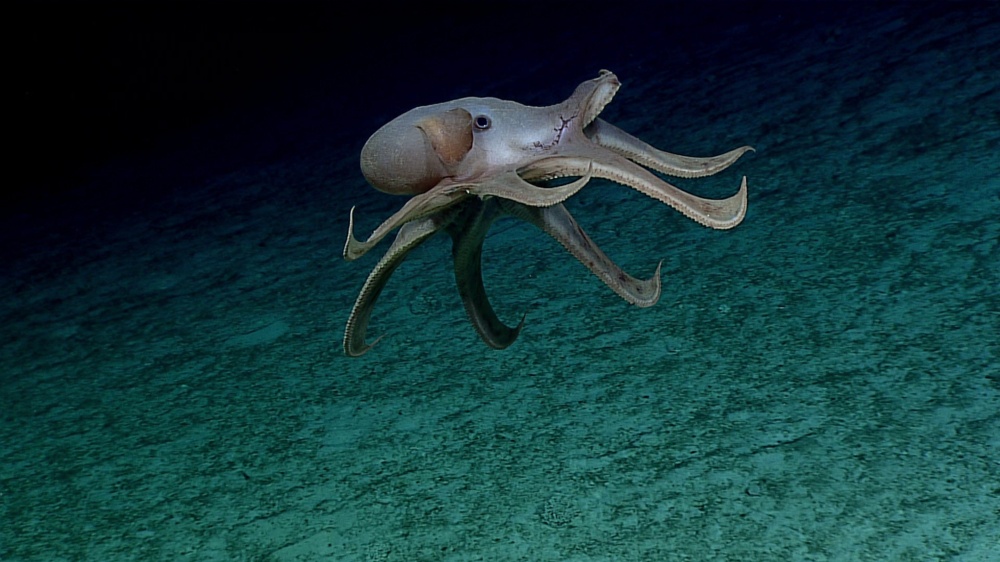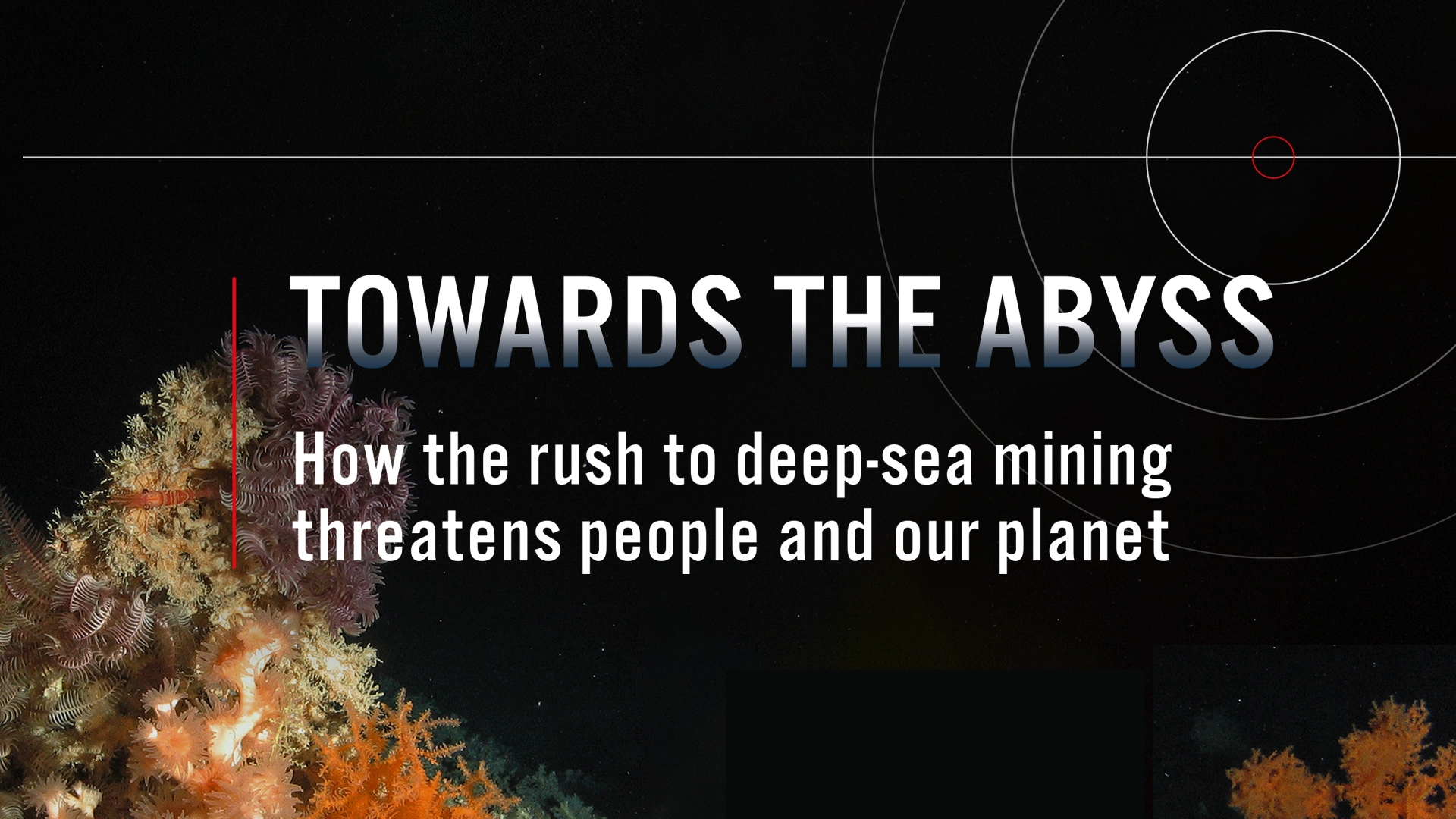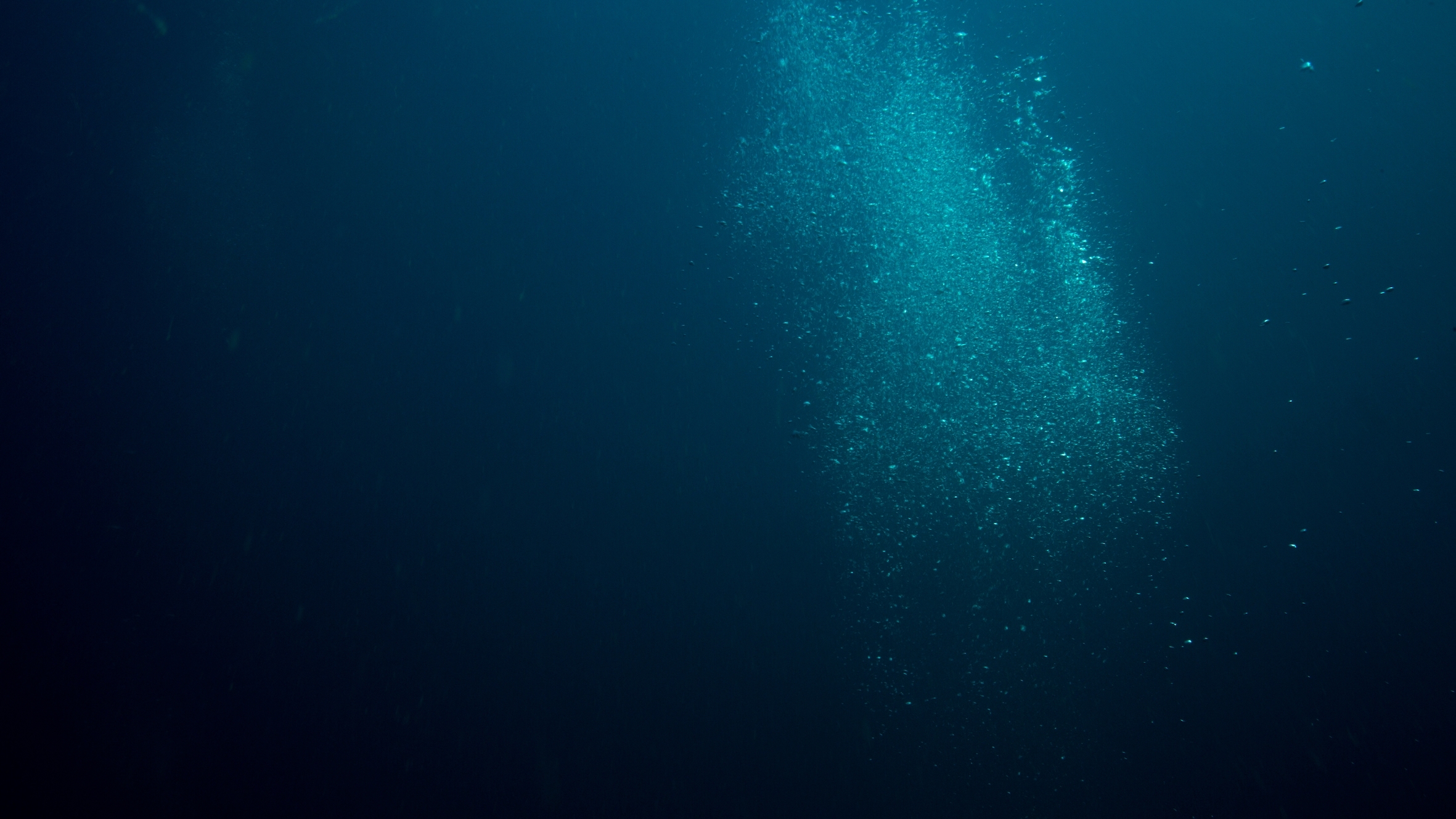
Deep-sea mining: profits for the rich, costs for the rest
The International Seabed Authority (ISA) has presided over a system where the benefits of deep-sea mining will flow to a handful of private companies in the Global North, yet developing nations and ocean-dependent communities will be left to deal with the damage, paying the cost for this reckless enterprise. We need a halt on deep-sea mining so the international seabed can be governed for the benefit of all humanity – as required by international law.
To mine deep-sea resources in areas beyond national jurisdiction, private companies must be sponsored by a state for any given deep-sea mining (DSM) contract. A number of developing nations – mostly small island developing states – are sponsors for exploration contracts held by multinational corporations based overwhelmingly in the Global North.
Supporters of DSM - namely mining companies - falsely claim that mining the deep sea will provide new income streams for these nations, such as through the profits of state-owned mining companies and taxation on private mining companies. In return, the sponsoring state takes on the risks and liabilities associated with the mining, potentially including much of the cost of the environmental destruction it causes.
However, the potential benefits have been significantly oversold. With the parent and controlling interests in many mining contracts based overseas, the sponsoring state may not be the same state in which any significant tax will be paid. Therefore, States may take on the major risks while gaining only a tiny fraction, if any, of any benefits. This will intensify inequalities, drive environmental injustice and push us further towards an unsustainable future.
This has already happened. The Solwara 1 project was the first ever licence for deep-sea mining, granted to Nautilus Minerals in 2011 by Papua New Guinea for mining in the country’s waters. Despite considerable opposition, the project went ahead before collapsing into insolvency amid widespread recrimination in 2019. Papua New Guinea ended up losing out on US$120m - almost a third of the country’s annual health budget - and the effects on ancient cultural fishing practices are ongoing.
Meanwhile, Gerard Barron, one of the individuals behind Nautilus, has moved to Canada-based The Metals Company, a leading DSM proponent. The company has exploration contracts sponsored by the Pacific island nations of Nauru, Tonga and Kiribati. These nations, and those reliant on fisheries in areas slated for mining, will be left to shoulder the burden while deep-sea miners head on to the next chance to turn a profit.
The deep ocean, as the common heritage of all humankind, must not be governed like this. We must call a stop to any commercial exploitation for as long as this unjust system is in place.
Under the United Nations Convention on the Law of the Sea (UNCLOS), “reserved areas” are set aside for mining activities by developing states. This is intended to afford these countries equitable access to the international seabed. In reality, however, companies based in the Global North have gained access to lucrative sites within these areas, using ostensibly local companies in small island developing nations to secure sponsorship. Foremost among them, The Metals Company controls effective exploration rights to over half of the area reserved for developing states under UNCLOS.
In addition, under UNCLOS, sponsoring states must exert ‘effective control’ over the companies they sponsor. However, the ISA’s interpretation of this requirement has made it essentially meaningless. The ISA does not require the company to be economically controlled by the state or one of its nationals, so they can effectively be run through much larger companies in developed nations.
Much as ‘flags of convenience’ can be used to circumvent fisheries legislation and escape sanctions for illicit activities, there is a clear risk of ‘sponsoring states of convenience’ allowing the same to happen for mining. In 2011, the International Tribunal for the Law of the Sea warned this would “ jeopardize uniform application of the highest standards of protection of the marine environment…and protection of the common heritage of mankind”.
The most recently approved exploration contract, sponsored by Jamaica which started in April 2021, shows this is already under way. Blue Minerals Jamaica Limited (BMJ), the holder of the contract, was originally incorporated in Jamaica in 2018. It initially listed a Jamaican accountant as its sole shareholder, but he was not the company’s real beneficiary.
Ownership was swiftly transferred to Danish and Italian businesses and then to Blue Minerals Switzerland SA, which is a Swiss holding company operating for the Swiss-based Allseas Group. Allseas – the apparent beneficiary of the BMJ contract – is also a technical partner of The Metals Company in its Nauru-sponsored contract. Again, the real control has been consolidated in a tiny handful of people and companies.
These failures, facilitated by the ISA will result in grave environmental injustices. Developing states will be saddled with the costs of this mining while the benefits flow to a handful of nations and companies. To avoid this, there is only one option.
Delegates at the ISA must listen to the unequivocal message from Indigenous peoples, nations around the world, scientific experts, parliamentarians and even the prospective customers of deep-sea miners that we do not want or need this dangerous rush to the depths. We need a pause on deep-sea mining before it begins to ensure the deep ocean is managed fairly, equitably, and for everyone.
Cover Image: Cirrate Octopod © Image courtesy of the NOAA Office of Ocean Exploration and Research, Discovering the Deep: Exploring Remote Pacific MPAs.
SIGN UP FOR OUR EMAILS AND STAY UP TO DATE WITH EJF

